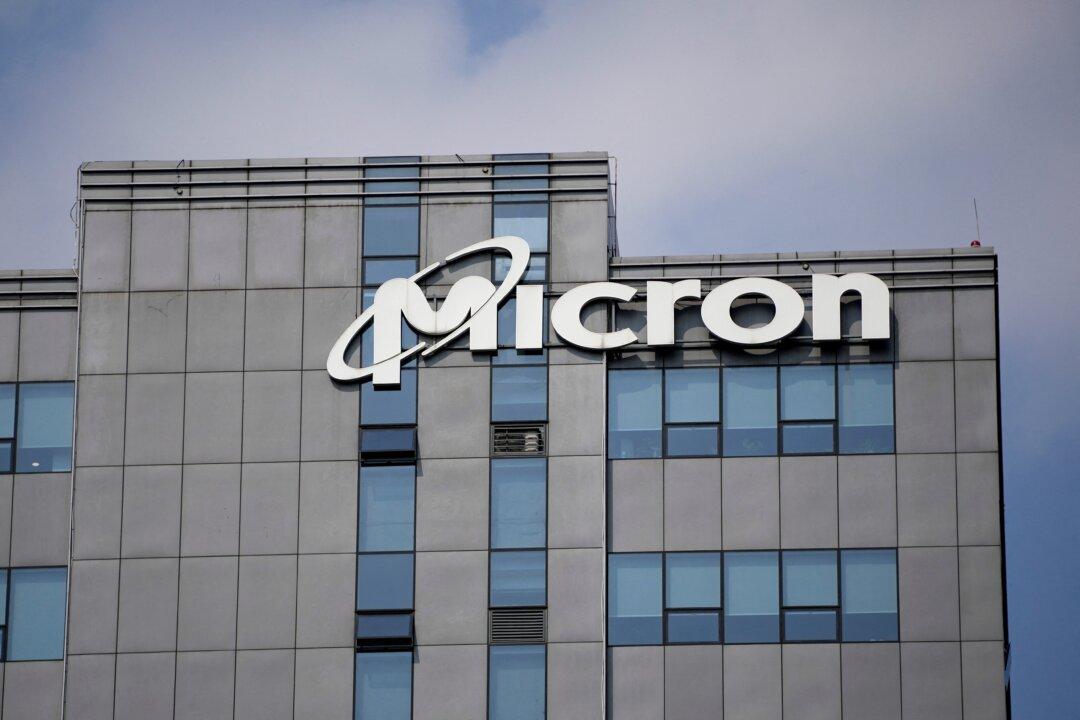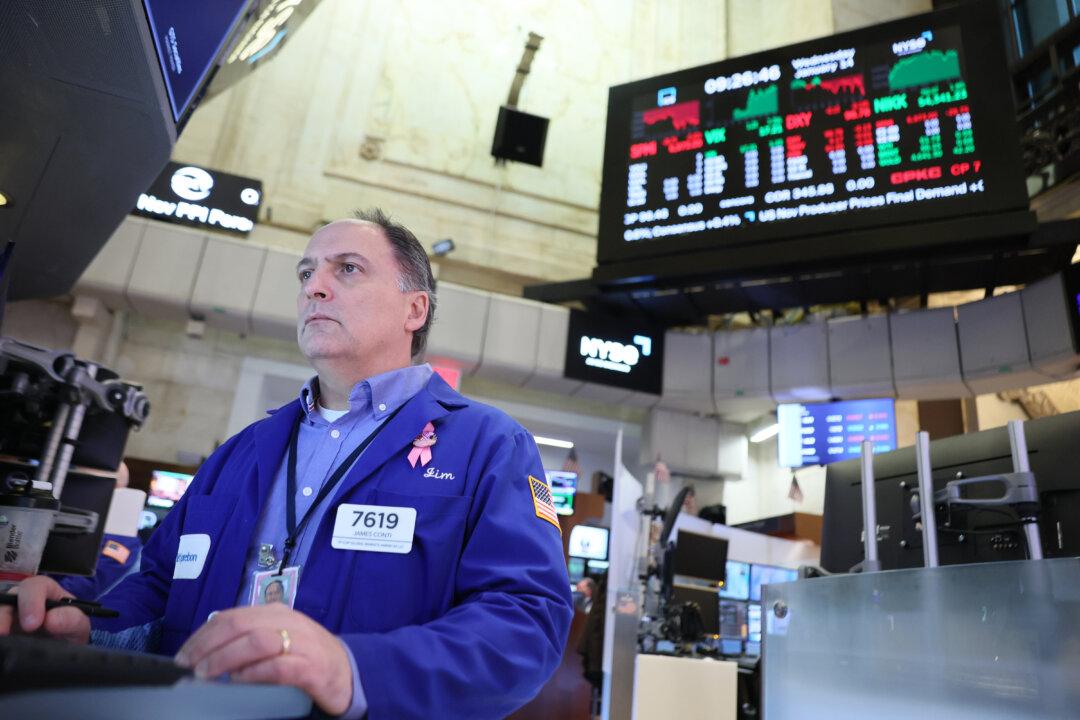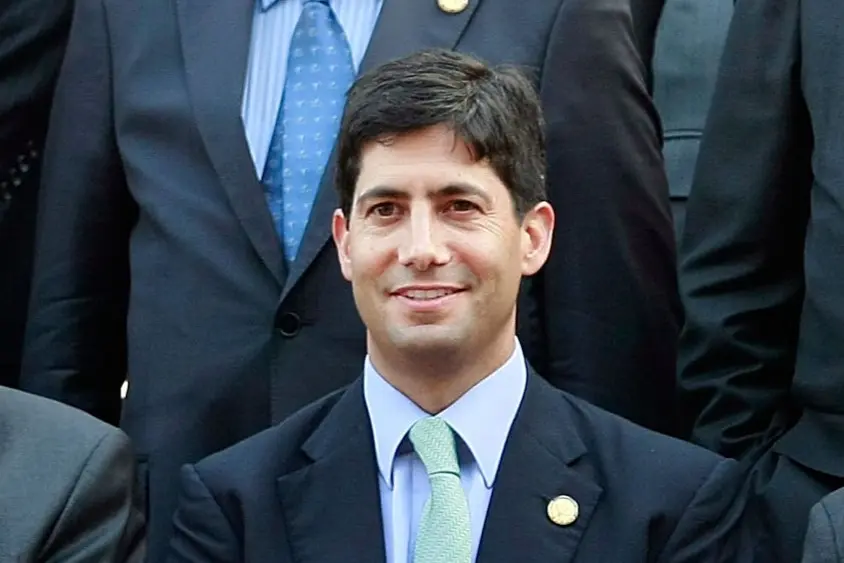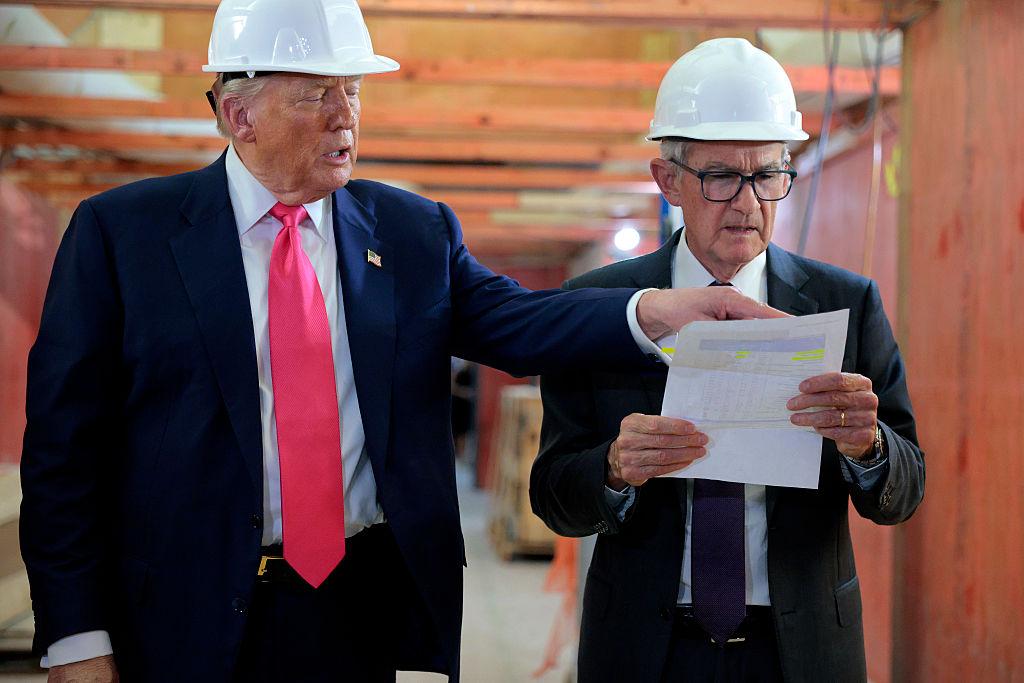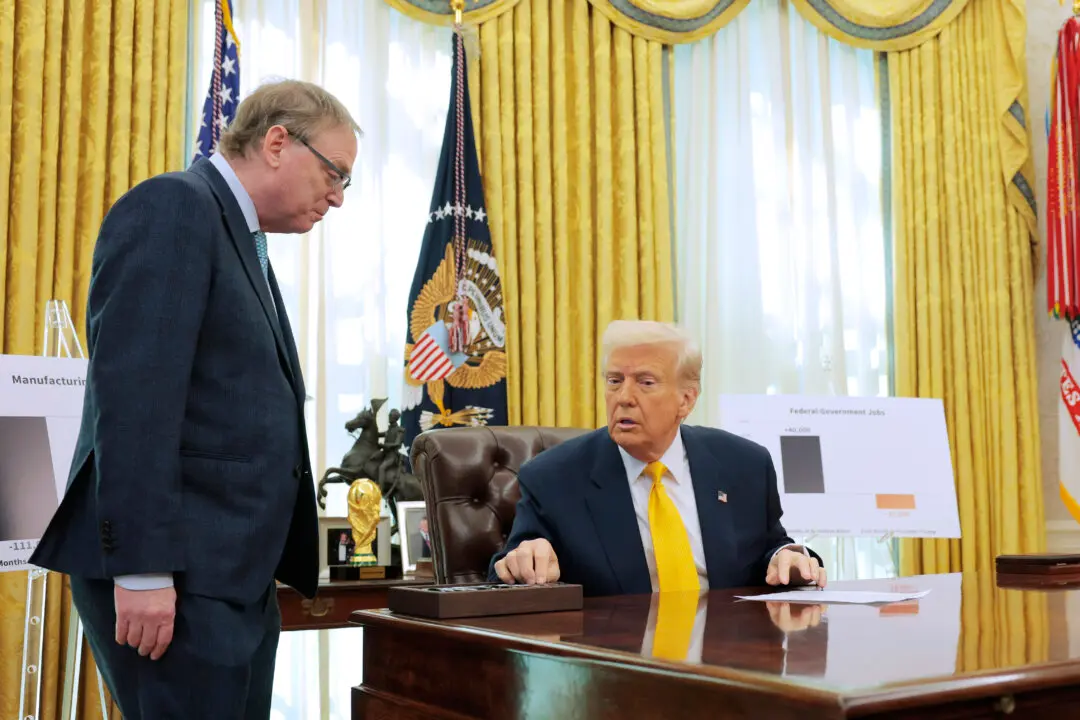Commentary
The last week of September is typically characterized by quarter-end window dressing, as institutional managers try to make their portfolios look “extra pretty” by pruning out weak stocks and adding many of our fundamentally superior stocks. I should add that Micron Technology’s better-than-expected earnings announcement on Wednesday for its high-speed memory chips has re-ignited many AI-related stocks.
